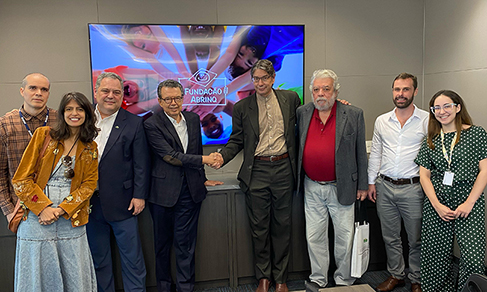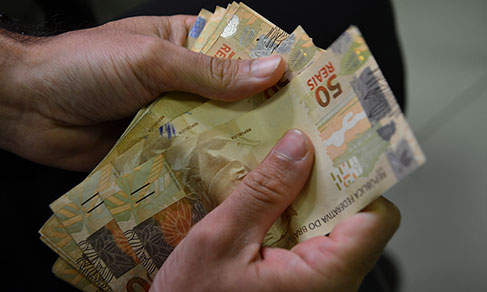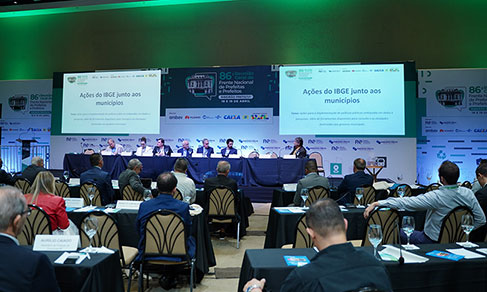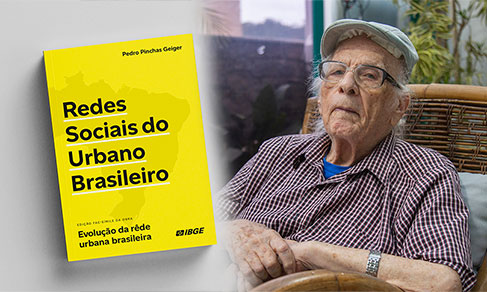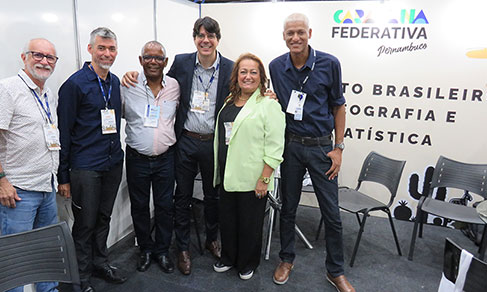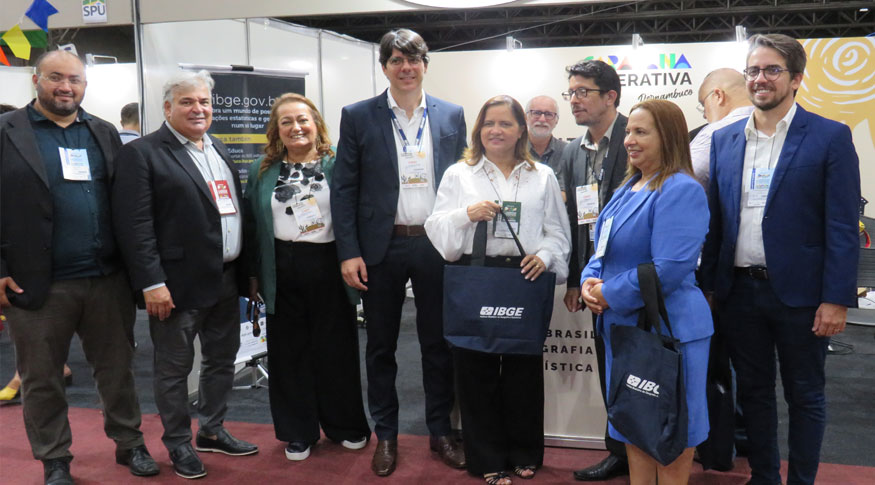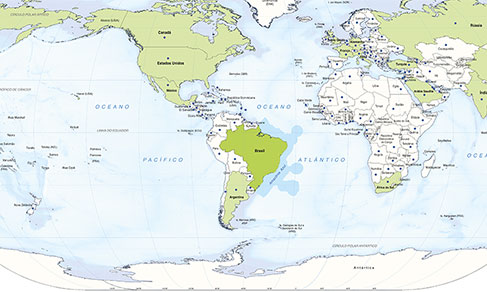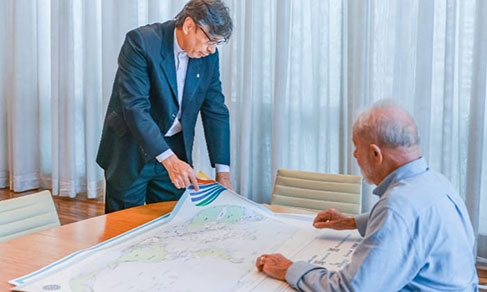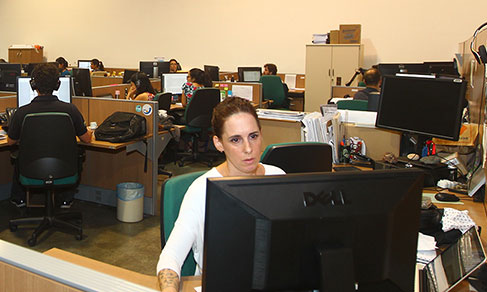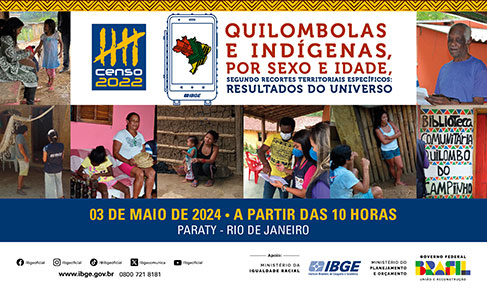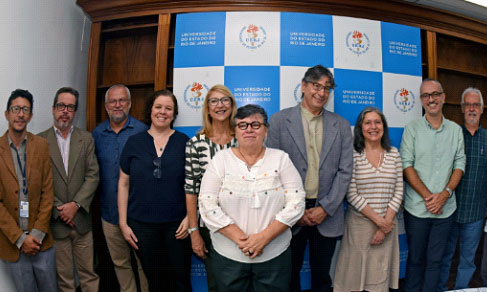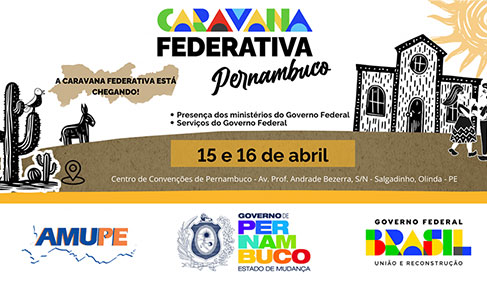IBGE servants compete in the Deaflympics
July 26, 2017 09h00 AM | Last Updated: September 04, 2017 09h21 AM
Now, a year after the Rio 2016 Paralympics, it is time for deaf athletes to enter the field in the 2017 Deaflympics. Two IBGE servants have joined the competition this year. Maíra Bonna Lenzi and Norberto Mocelin are already in Turkey, host city for the event which started on the 18th and ends on July 30th.
Norberto started playing handball at age 11; Maíra, doing karate, at six. They have both won several competitions, but are participating in the games for the first time.
“The Deaflympics is a very important competition, it is a chance for the deaf to overcome their limits and compete”, says Norberto. Maíra is very proud of the opportunity: “I’m very honored to represent the Brazilian deaf people. I can show there are no limits for people, even for those who cannot hear.”
Though extremely dedicated to training, both can still balance their activities as IBGE servants and as athletes. The support received from the Institute makes them feel valued in their workplace.
“Being able to reoncile our working hours with training, some time for the familiy and occasional courses requires organization, persistence and all the support my husband can give me. I get very tired. It’s is a tough routine’.
Norberto explains his day starts really early: “I am usually the first one in my department to get there in the morning. After work, I go training. I practice boxing, do weightlifting run to improve physical conditioning”.
Impairment and sports
Maíra was diagnosed at about the age of two, and says she had no problem socializing after that. She adds, though, that its was sometimes difficult to adapt, both in school and during university entrance tests. “I just had to claim, fight for my rights from a very early age, always questioning”, she adds.
That argumentative personality was also present in her choice of a sport: “I got interested in karate when I had the opportunity of taking some classes in the school where I used to dance ballet. Both classes were at the same time, but I used to watch people training. I was soon attracted to that” she recalls.
Norberto got deaf after having meningitis when he was two years old. He had to learn how to speak again, due to the complete loss of sound reference: “I was stubborn and resisted wearing the hearing apparatus until I turned five. My parents eventually got me to accept it and now I can listen to music, have a conversation with other people and lead a normal and independent life”.
He says that he’s been restless since youth and had to play sports to relese energy: “I started out playing soccer, but tried handball when some friends invited me. I ended up enjoying that and have played handball since then.”
Norberto joined the IBGE a short while ago, in September 2016. Sports, in turn, have always been part of his life: “competitions are important to keep me healthy and also improve myself as a person and a citizen”.
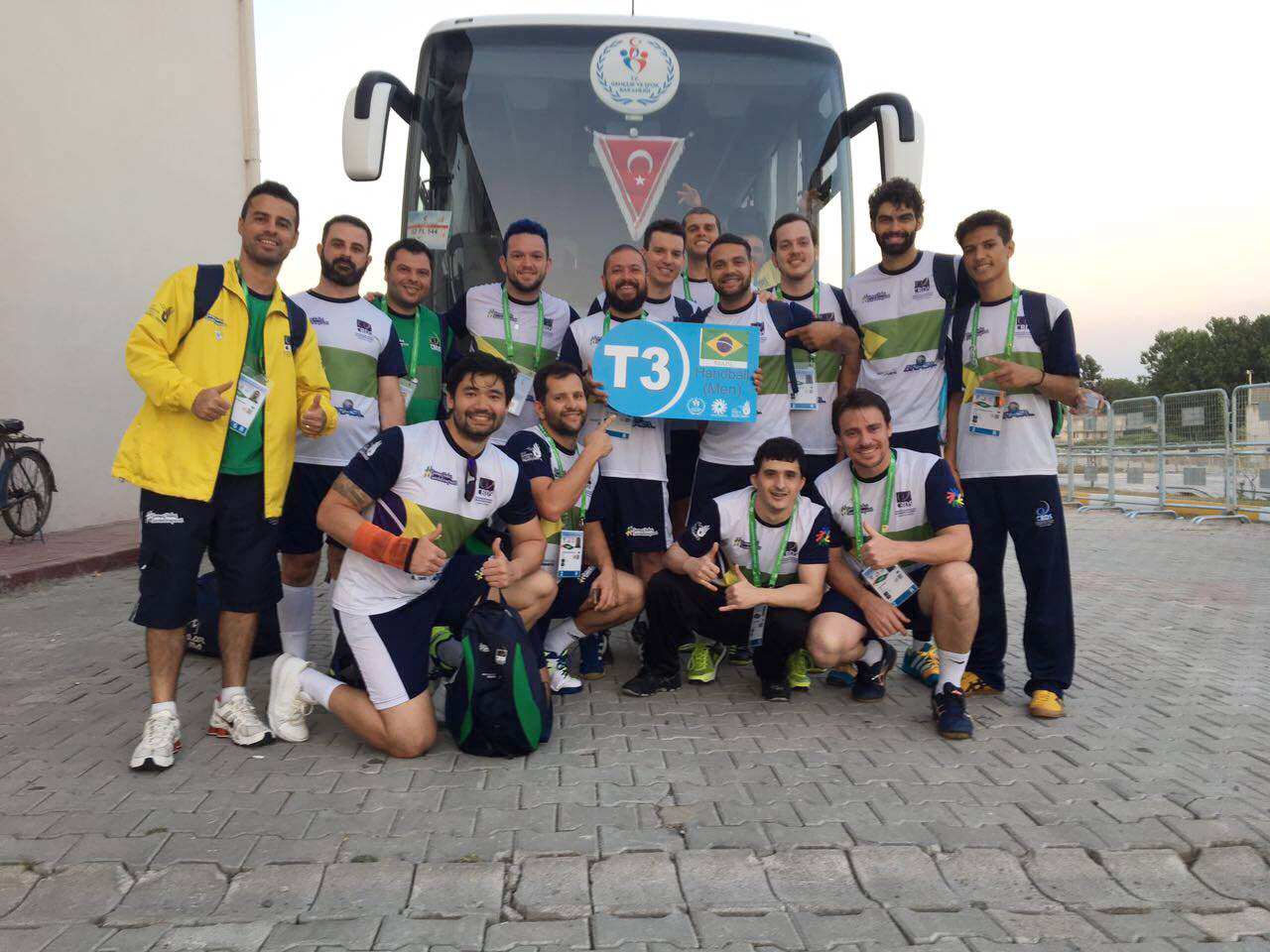
Brazilian Handball Delegates: Norberto is the third one, standing, from right to left. (Photo taken from the Brazilian Confederation of Sports for the Deaf Facebook)
The deaf in sports and in Brazil
According to the IBGE’s National Survey of Health, in 2013 Brazil had two million hearing impaired, and 99 deaf athletes were called for the Deaflympics.
Deaf athletes have had their own games since 1995, for after disagreements between the Organizing Committees, the International Committee of Sports for the Deaf (ICSD) chose to disaffiliate. According to Deborah Dias, president of the Brazilian Confederation of Sports for the Deaf (CBDS), the decision resulted in less visibility for def athletes, which makes it more difficult from them to receive financial support.
Text: Marina Cardoso and Karina Meirelles (interns) under the supervision of Irene Gomes
Cover image: Personal archive / Maíra Bonna Lenzi




